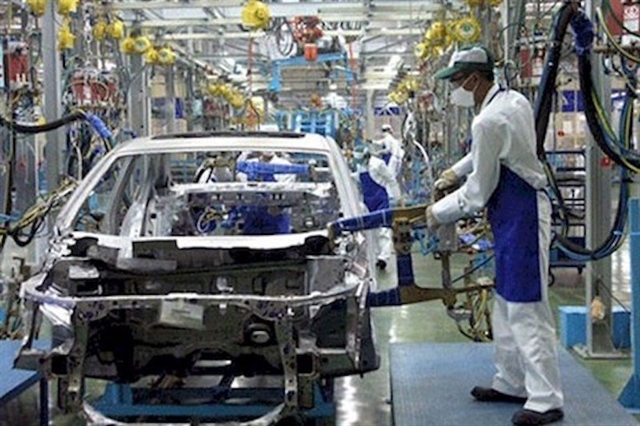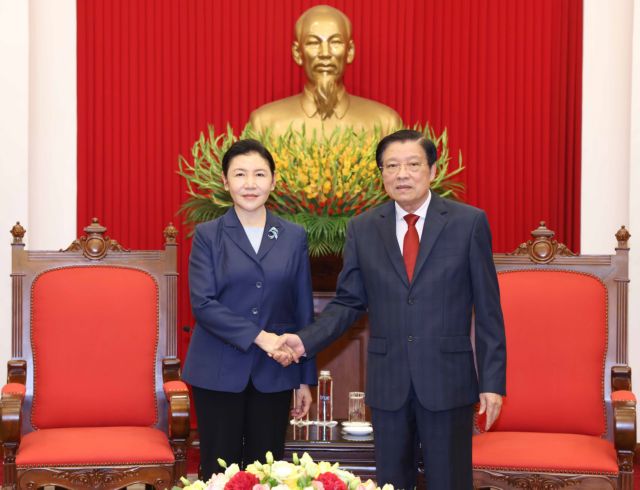 Economy
Economy

The People’s Committee of Vĩnh Phúc expects this year’s provincial budget collection to be as high as VNĐ26 trillion because of business stability and rise in foreign investment in the region.
 |
| Workers at a factory of producing electronic components located in Bá Thiện Industrial Zone, Vĩnh Phúc Province. The province expected to reach budget collection at VNĐ26 trillion this year. - Photo sokhcn.vinhphuc.gov.vn |
VĨNH PHÚC – The People’s Committee of Vĩnh Phúc expects this year’s provincial budget collection to be as high as VNĐ26 trillion because of business stability and rise in foreign investment in the region.
Vĩnh Phúc’s budget is dependent on businesses that produce and assemble auto and motorbikes such as Toyota Việt Nam and Honda Việt Nam. However, income from the motorbike business had dropped because of lower demand for motorbikes in the local market.
To stabilise industrial production, Vĩnh Phúc has been offering attractive investment opportunities, especially to foreign businesses that have high technical and scientific skills and offer value-added products.
Provincial authorities have also worked to resolve issues faced by businesses and made reformative changes in state-related investment activities and activities of consulting and appraisal for projects.
In the first nine months of this year, the committee said, the provincial budget collection has crossed VNĐ22 trillion, an increase of 25 per cent year on year. This includes VNĐ20 trillion from domestic enterprises, which is up by 26 per cent.
The budget collected has been higher than the province’s initial target because of increased production and business, especially in foreign-investor auto and motorbike enterprises, and a surge in number of businesses supplying to the province.
Besides, to collect efficiently provincial budget, the province has also pushed enterprises and taxpayers to make tax declarations on time and has resolved difficulties in paying tax of enterprises and individuals. - VNS









